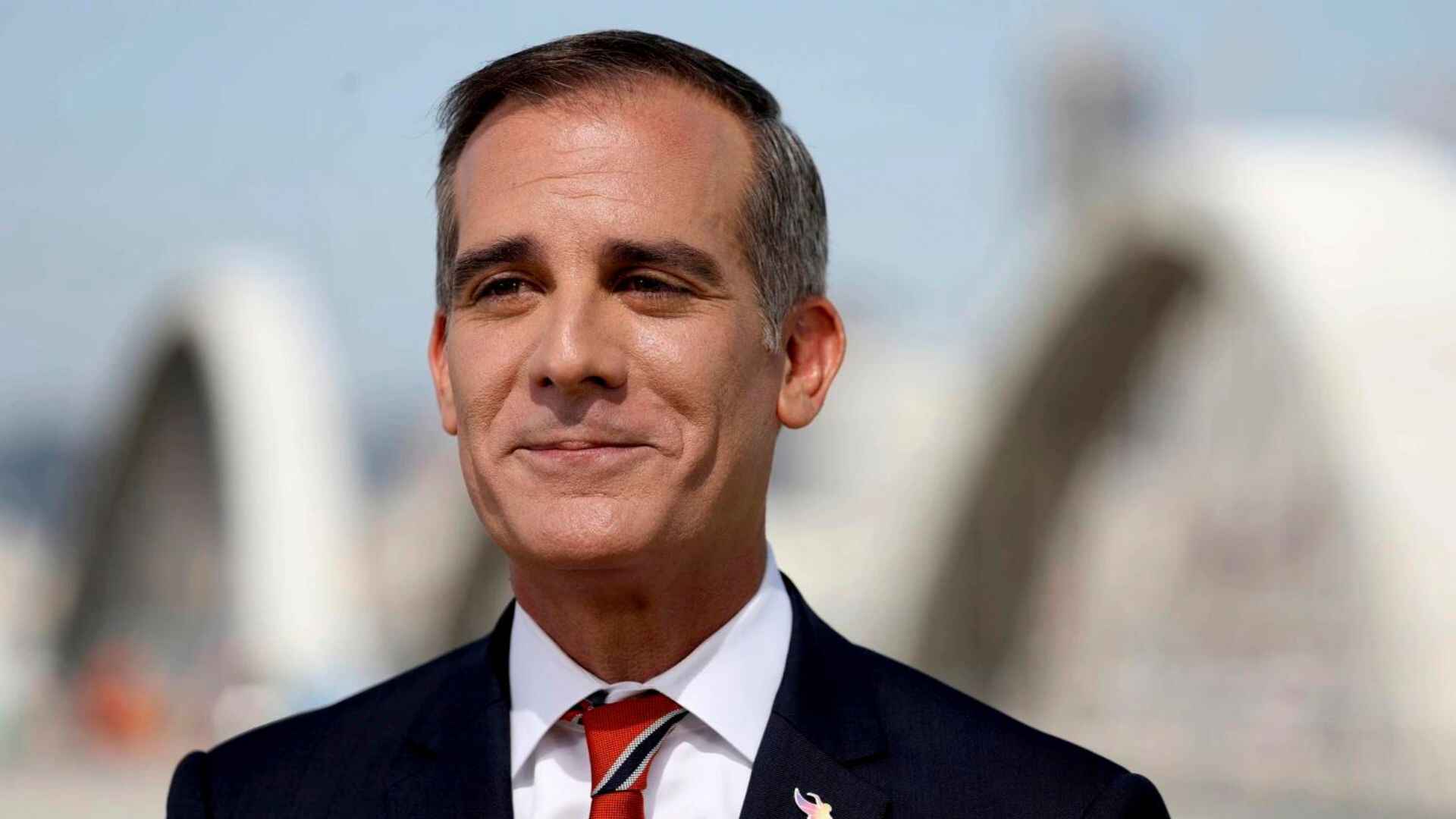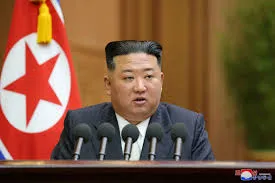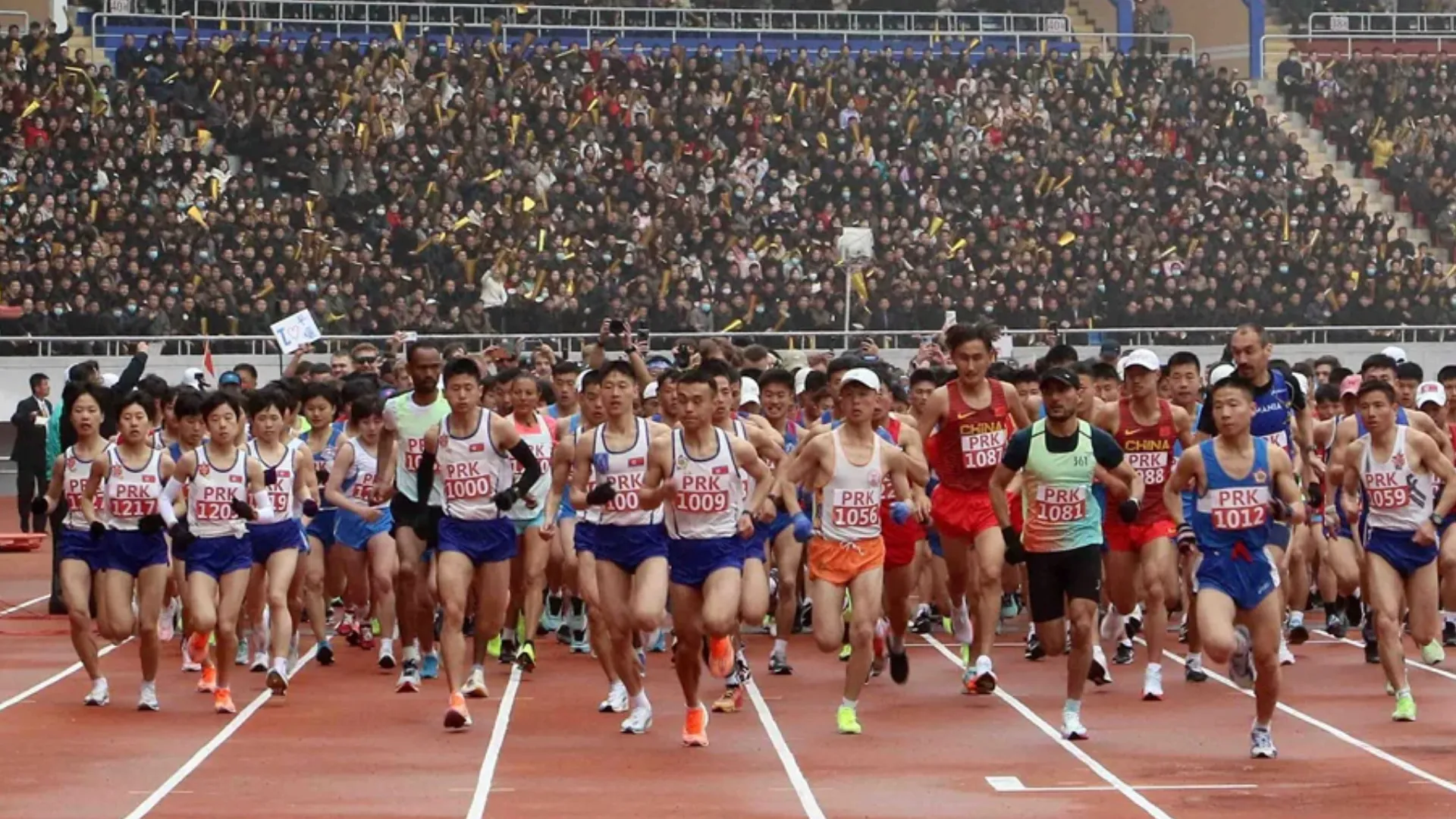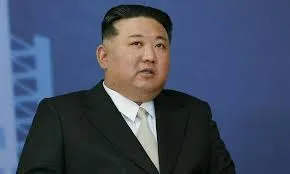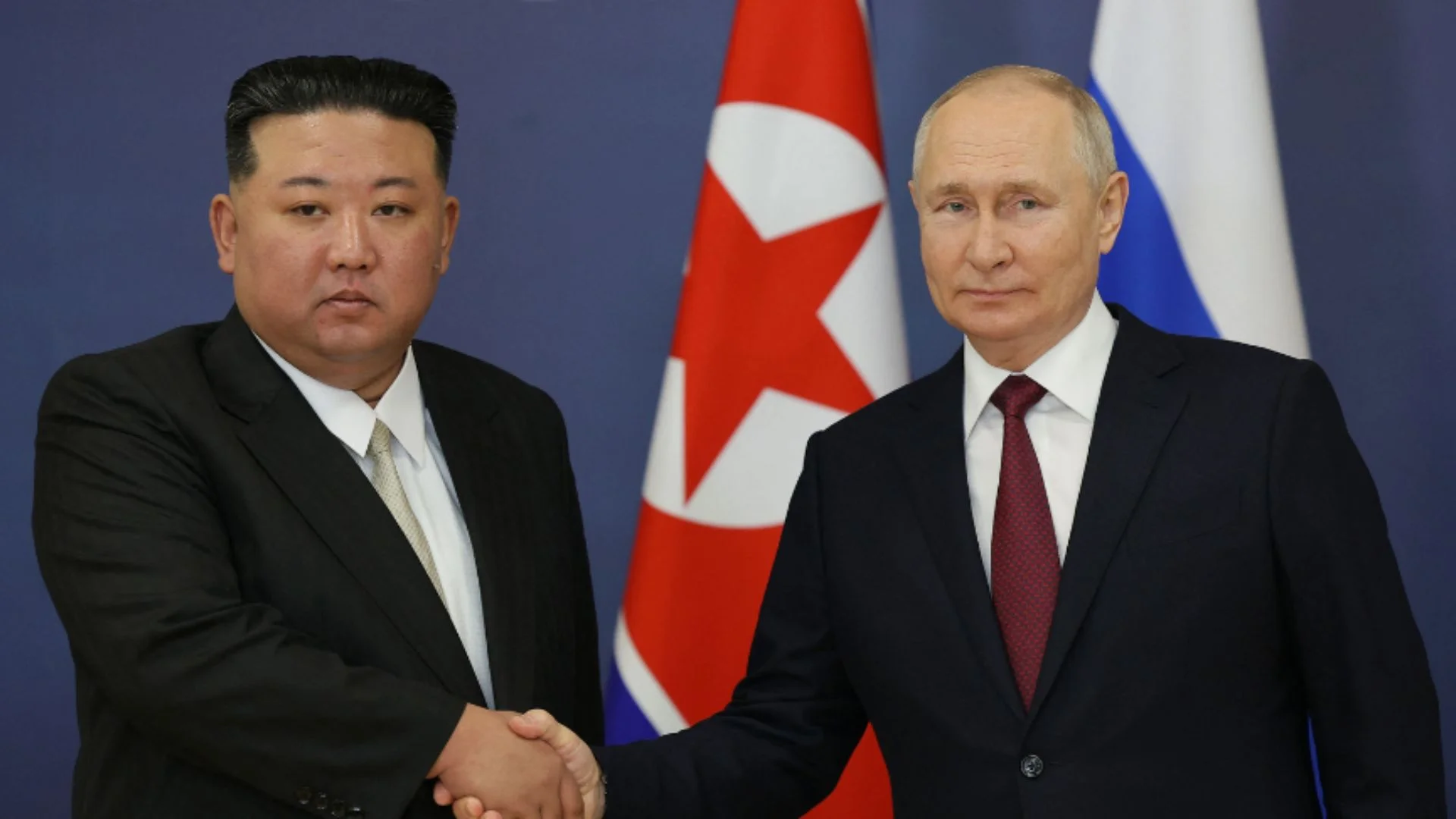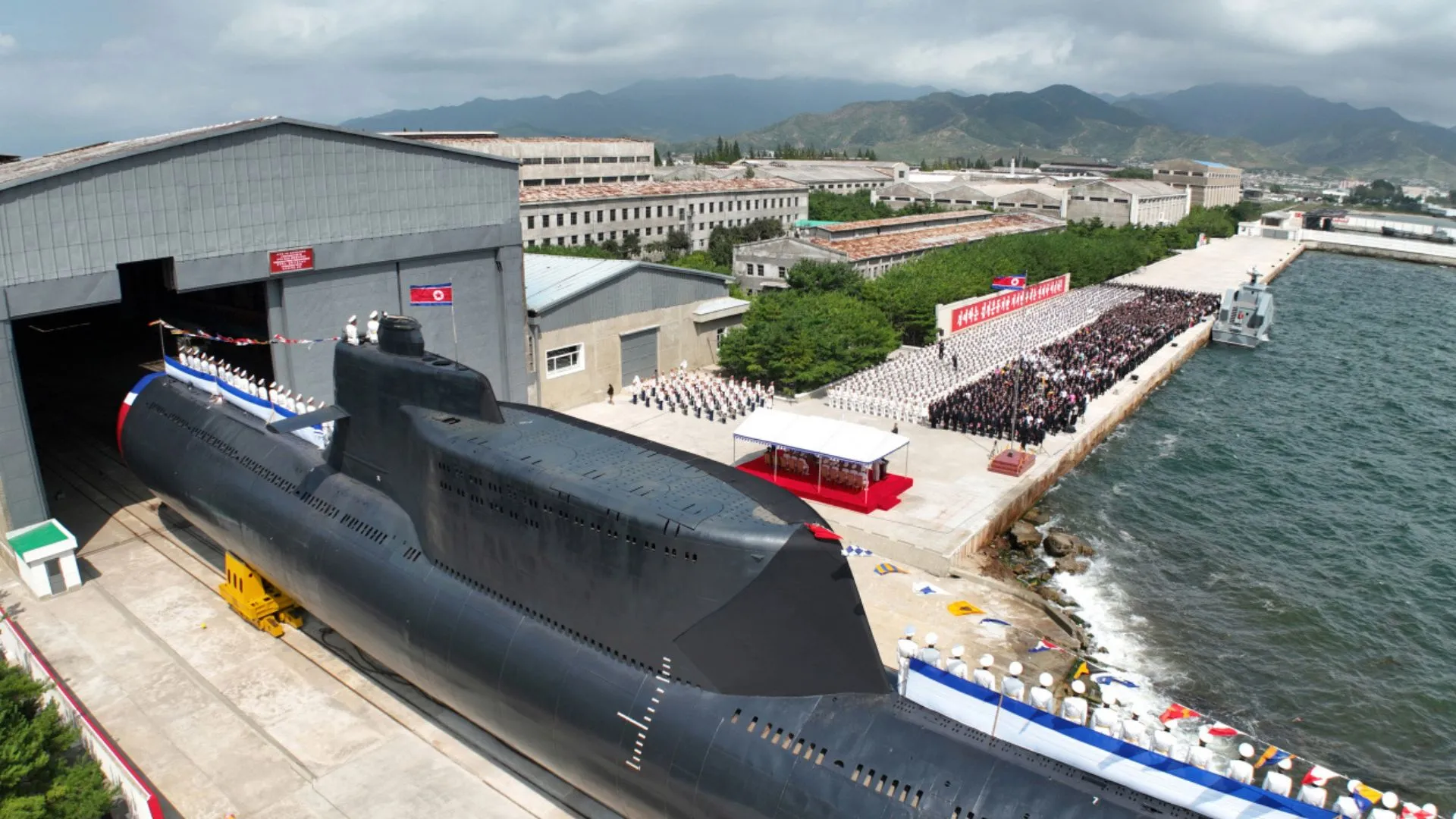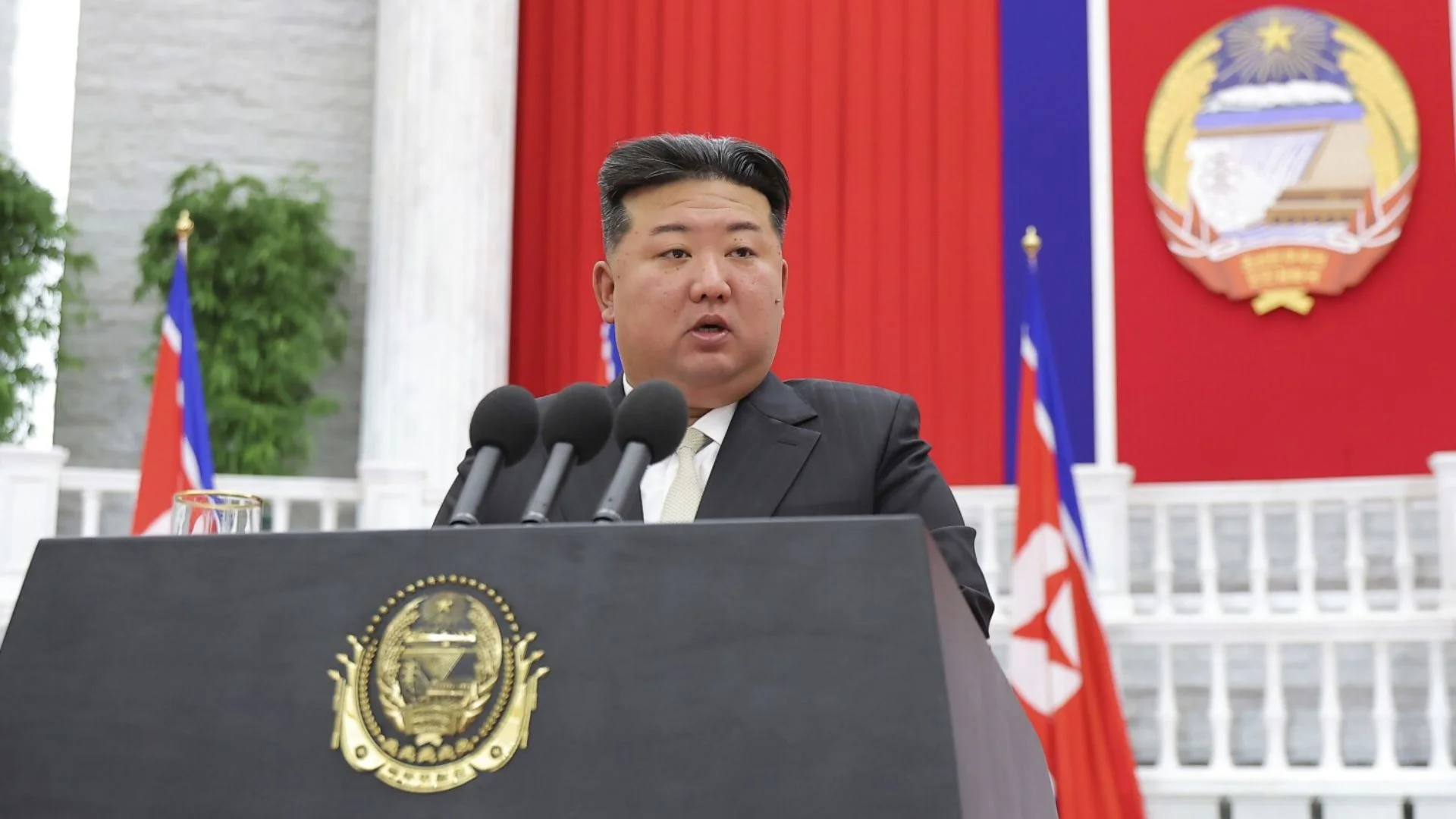The United States views India as a “friend and partner” rather than a counterbalance to any other nation, according to US Ambassador to India, Eric Garcetti. He emphasized that both countries share common principles regarding borders, sovereignty, and the rule of law. In an interview with ANI, Garcetti highlighted that the US has consistently stood by India during border conflicts and fully supports India’s diplomatic engagements with China.
He noted that the US has a longstanding policy of not rewarding aggression anywhere in the world. “I would say that we see India as a friend and a partner, not a counterbalance. We share the principles about borders and sovereignty, about the rule of law. We’ve stood with India on the border when there’s been conflicts. We’ve recognized since 1952 the McMahon Line. We have a long history of ensuring that aggression should not be rewarded anywhere in the world. When it comes to China specifically, we all want to have peaceful relations with China,” Garcetti said.
When asked about the complex relationship between the US and China and how India fits into the broader regional dynamics, Garcetti stressed that Washington supports India’s diplomatic efforts, especially in light of the ongoing tensions with China. “We support India’s diplomatic interactions right now and I think it was announced, you know, that much of the border, about 75 per cent of it, as (EAM) Jaishankar said, has been settled, but nobody should move ahead when their sovereignty is threatened. That is something that we respect and will follow India’s lead in India’s land,” he added.
Must Read: Israel Intensifies Airstrikes On Hezbollah Targets In Lebanon, Death Toll Rises Over 356
The US envoy also underscored that the US aims to give countries options and prevent them from falling into debt traps. “Secondly, when we look at the region, we want to make sure people have choices that they don’t have death traps that they aren’t seen as inferring in domestic politics. That people can have democracies that they can have free market economies. They can have a rule of law that is respected by everybody. We want to calm the waters when it comes to relations with China,” he said.
Earlier this month, India’s External Affairs Minister S. Jaishankar stated that 75 percent of the disengagement issues with China have been resolved, but there is still work to be done. He also mentioned that India and China have historically had a complex relationship.
Garcetti further highlighted the strong bond between Prime Minister Narendra Modi and US President Joe Biden, describing Biden as “the most pro-Indian president we’ve had in US history.” He remarked, “These are two men (PM Modi and Joe Biden) who have such a close friendship, the most pro-American prime minister we’ve ever seen in Indian history, the most pro-Indian president we’ve had in US history and that’s building on people who have been very strong before. I think they are representative of the people and their country and the closeness that we have, having this in a home for the first time, the President’s home, personal home, really underscored that this is something that is here to stay.”
Speaking on the Quad alliance, Garcetti described it as a “powerful place” for setting a vision and offering solutions in the Indo-Pacific, in contrast to countries that don’t follow international rules. “The Quad is a powerful place to set a vision, to share principles and to come up with common solutions in the Indo-Pacific. It’s a contrast to nations that don’t want to play by the rules, don’t believe in the rule of law, but I think we will build solutions. It’s about what we can do proactively and this was a giant step forward,” he said.
The Quad, consisting of the US, India, Australia, and Japan, held its Leaders’ Summit in Wilmington, Delaware, hosted by US President Biden. The leaders reaffirmed their commitment to working with Pacific island nations to address shared challenges. They also pledged to collectively resist any efforts to undermine the integrity of the UN and its agencies. During a bilateral meeting with Prime Minister Modi, President Biden reaffirmed his support for reforms to global institutions, including permanent membership for India on a reformed UN Security Council.
The sixth Quad Leaders’ Summit also marked a farewell for both US President Joe Biden and Japanese Prime Minister Fumio Kishida before they leave office.
Also Read: Boeing Makes Final Offer To End Union Strike With Bigger Raises

